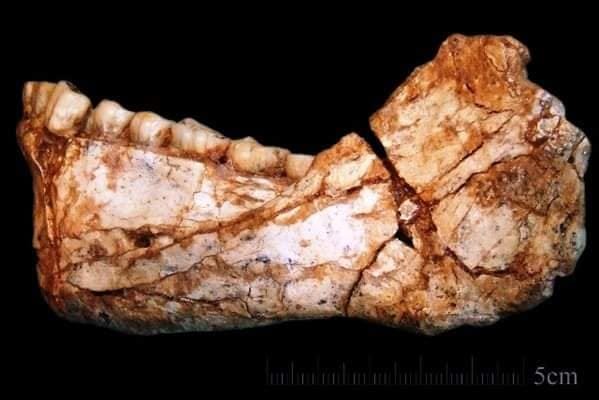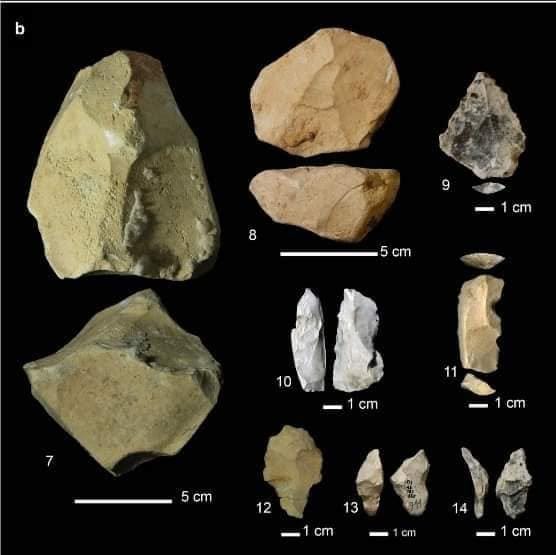Exploring the Evolution of Homo sapiens: New Discoveries
Written on
Chapter 1: The Age of Homo sapiens
Recent discoveries in paleontology have suggested that modern humans, or Homo sapiens, may date back approximately 300,000 years, pushing our origins further back than the previously accepted timeline of 200,000 years. As new evidence emerges, it’s clear that our understanding of human evolution is continually evolving.
As new research and discoveries unfold, the timeline of our species is subject to change.
At the Jebel Irhoud site in Morocco, archaeologists uncovered 16 fossils belonging to at least five individuals, including skulls, limb bones, and teeth. In addition to the skeletal remains, various tools and animal remains were also found. The facial features of these ancient individuals closely resemble those of modern humans, yet their cranial structure appears more primitive, with a slightly elongated shape and differing jaw morphology.
The tools and animal remains provide insight into the dietary habits of these early humans, indicating that they primarily consumed gazelles and zebras, but also included mollusks, gnus, and ostrich eggs in their diet. Clearly, the environment in Morocco during that time was vastly different from today.
These fossils are significant not only for extending the age of our species by at least 100,000 years but also for revealing a more intricate evolutionary narrative. Genetic data supports the idea that modern humans originated in Africa. Prior findings from Ethiopia, dated between 195,000 and 160,000 years ago, had suggested a direct lineage from those populations. However, the latest discoveries imply that Homo sapiens first expanded within Africa before migrating to other continents, which aligns with the "Out of Africa" theory.

Chapter 2: Archaeological Insights
Notably, the oldest lithic tools associated with H. sapiens also date back to around 300,000 years. In southern Tunisia, at Wadi Lazalim, the earliest lithic artifacts have been uncovered, indicating human presence from approximately 300,000 to 130,000 years ago. These findings illuminate the pathways of Homo sapiens as they began their extensive migration beyond Africa.
Current theories suggest that our ancestors traversed the Sahara to reach North Africa. However, conclusive evidence linking North and South Africa remains elusive. The industries discovered in North Africa hint at diffusion from Central Africa, underlining its crucial role in human origins. The Sangoan and Lupemban industries are thought to represent adaptations to the diverse environments of Central Africa, including tropical forests, grasslands, and woodlands.

Having a diverse array of tools enabled these early humans to navigate unfamiliar territories and access resources in rapidly changing landscapes. This discovery reinforces the idea that similar evolutionary processes govern both biological and cultural evolution. When environmental changes occur, organisms that already possess advantageous traits are more likely to thrive. This concept parallels cultural evolution, where societies adapt to new challenges using pre-existing knowledge and skills.
The ongoing study of human evolution and the fossil record continually reveals new insights, reminding us that our understanding of history is always subject to revision.

Exploring further into our evolutionary past, we can find enlightening perspectives in various videos on this topic.
This video delves into whether modern humans are older than previously believed, analyzing recent fossil discoveries.
This presentation explores a comprehensive 300,000-year history of human evolution, highlighting key milestones and discoveries.